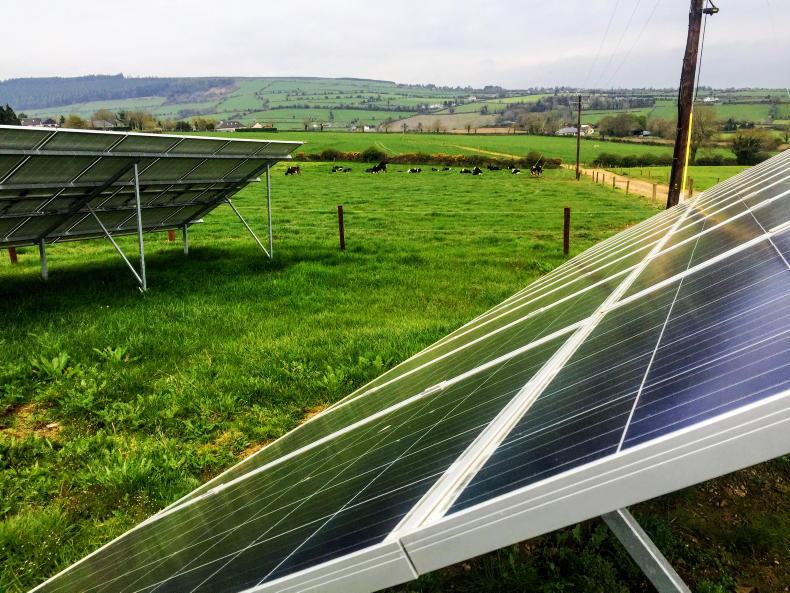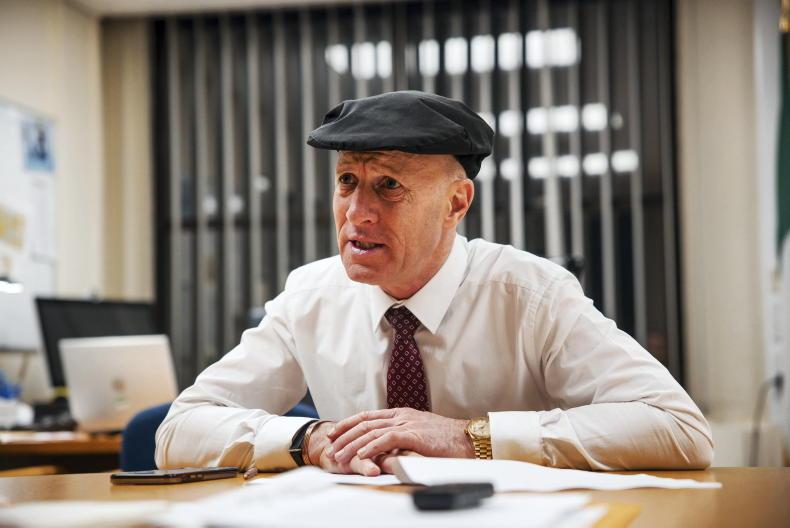The Irish Co-operative Organisation Society (ICOS) has said that farmers must play their part in creating a low carbon future.
Following the publication of the Government’s new climate action plan yesterday, the agriculture sector has once again come under the spotlight for being one of the biggest emitters of carbon in Ireland.
Demanding
ICOS president Jerry Long said that while the plan was very demanding, the agriculture industry must step up to meet its obligations under climate change.
“Farmers and the wider agri-food sector should be under no illusions that the action plan, as set out by the Government, will require a significant effort by all stakeholders working collaboratively, if we are to achieve the 10% to 15% reduction target,” Long said.
The approach by Government must always remain balanced
“The plan includes very demanding targets for the agri-food sector including increasing the usage of protected urea from 1% of the straight N market today to 50% by 2030, increasing the usage of trailing shoe technology for slurry spreading from 10% to 50% by 2030, increasing the average EBI from €70 today to €230 by 2030 and doubling average afforestation rates from 5,500ha per annum today to 10,000ha per annum by 2030.”
“ICOS and our members across the dairy, livestock and rural enterprise sectors are willing to play our part and will contribute constructively to the achievement of the climate action plan.
“However, the approach by Government must always remain balanced and supportive of Ireland’s leading, sustainable grass-fed model of production.”
Read more
Climate plan will require change on all 139,000 Irish farms – Creed
Eight European countries battling African swine fever
The Irish Co-operative Organisation Society (ICOS) has said that farmers must play their part in creating a low carbon future.
Following the publication of the Government’s new climate action plan yesterday, the agriculture sector has once again come under the spotlight for being one of the biggest emitters of carbon in Ireland.
Demanding
ICOS president Jerry Long said that while the plan was very demanding, the agriculture industry must step up to meet its obligations under climate change.
“Farmers and the wider agri-food sector should be under no illusions that the action plan, as set out by the Government, will require a significant effort by all stakeholders working collaboratively, if we are to achieve the 10% to 15% reduction target,” Long said.
The approach by Government must always remain balanced
“The plan includes very demanding targets for the agri-food sector including increasing the usage of protected urea from 1% of the straight N market today to 50% by 2030, increasing the usage of trailing shoe technology for slurry spreading from 10% to 50% by 2030, increasing the average EBI from €70 today to €230 by 2030 and doubling average afforestation rates from 5,500ha per annum today to 10,000ha per annum by 2030.”
“ICOS and our members across the dairy, livestock and rural enterprise sectors are willing to play our part and will contribute constructively to the achievement of the climate action plan.
“However, the approach by Government must always remain balanced and supportive of Ireland’s leading, sustainable grass-fed model of production.”
Read more
Climate plan will require change on all 139,000 Irish farms – Creed
Eight European countries battling African swine fever









SHARING OPTIONS